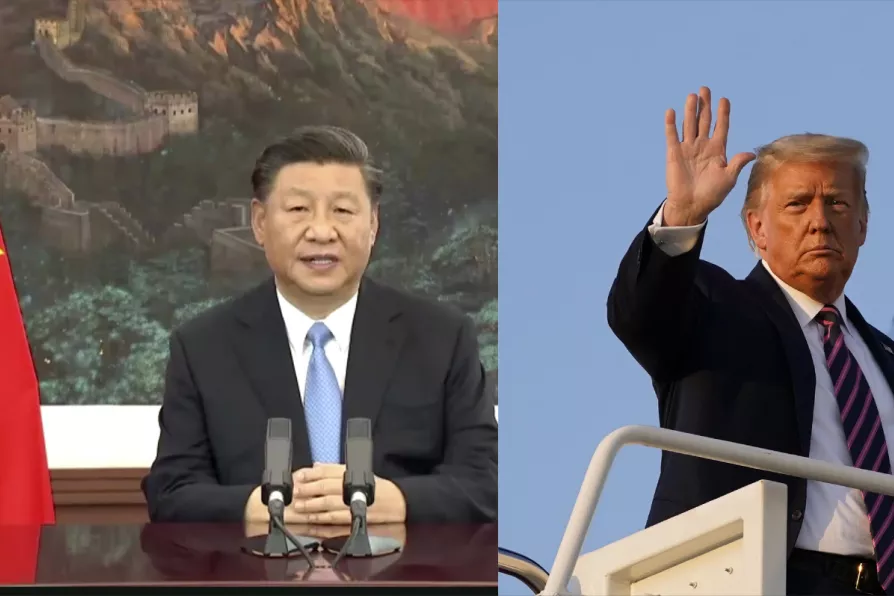As tens of thousands return to the streets for the first national Palestine march of 2026, this movement refuses to be sidelined or silenced, says PETER LEARY


SINCE Richard Nixon’s 1972 visit to Beijing, the trajectory of US-China relations had been towards greater levels of co-operation and economic integration, even if these masked deep underlying contradictions and the ever-present possibility of confrontation.
However, over the course of the last few years, we’ve witnessed a significant shift in US foreign policy with respect to China.
In 2011 the Obama administration announced its “pivot to Asia,” in which it aimed to shift its focus away from bombing the Middle East and towards “advancing American interests” in the Pacific.

JENNY CLEGG reports from a Chinese peace conference bringing together defence ministers, US think tanks and global South leaders, where speakers warned that the erosion of multilateralism risks regional hotspots exploding into wider war

The US’s bid for regime change in the Islamic Republic has become more urgent as it seeks to encircle and contain a resurgent China, writes CARLOS MARTINEZ












